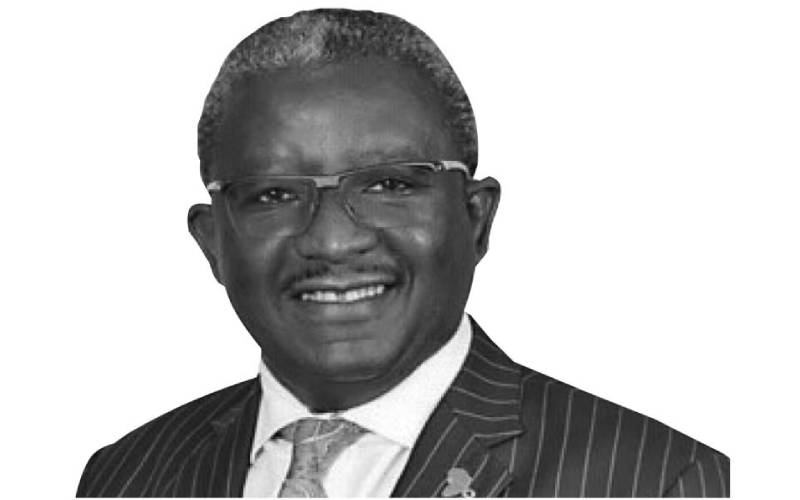
Last week I travelled to Tanzania on a business trip. Although I have visited this country many times before, I am always amazed at the sheer strength of their national cohesion. It is very difficult to find a Tanzanian who is vehemently opposed to a given leader purely by virtue of that leader’s ethnic community.
I encountered similarly strong national cohesion in Switzerland more than a decade ago. At the time, I was serving on the Sustainable Development Commission of the World Athletics body, IAAF. When I travelled to Switzerland for one of the commission’s meetings, I noticed that it is divided into four regions that speak French, German, Italian and Romansh. Despite this tribal diversity, their social fabric has remained intact. Unfortunately, Switzerland and Tanzania are in the minority. Many countries in the world, including our own, Kenya, are struggling with social cohesion.